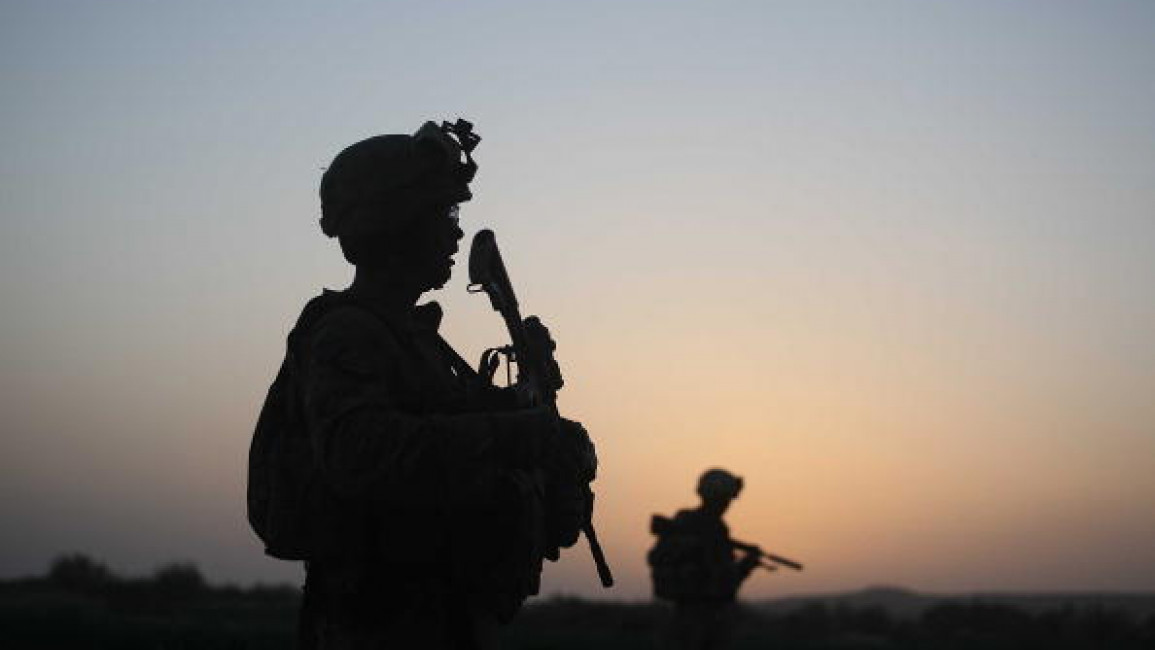Afghan academics, diplomats deplore article describing Afghanistan's war as 'ethnic conflict', Taliban as 'Pashtun nationalist movement'
Prominent Afghan activists, diplomats and writers have slammed an article published in news magazine Foreign Policy describing Afghanistan's war as an "ethnic conflict" and the Taliban as a "Pashtun nationalist movement".
The piece offers an insight into the Afghan-government sponsored mobilisation of local militias to fight the Taliban in northern Afghanistan. It is told through the experience of a local district governor in Mazar Sharif's Charkint district, Salima Mazari, a woman from Afghanistan's Hazara minority.
Lynne O'Donnell, the article's author, shared the piece to her Twitter account late Thursday, quoting an extract that summarised its main argument:
“In many places Afghanistan's war looks like an ethnic conflict, with Hazaras, Uzbeks and Tajiks taking up arms against what they see as a Pashtun nationalist movement using the banner of the Taliban and the cloak of religion to seize land & assets."
Prominent Afghan journalists, academics and diplomats have strongly disapproved of that assessment, seeing it as disingenuous and failing to correspond with a number of facts on the ground.
One notable strand of criticism centred on the existence of several non-Pashtun ethnic groups among Taliban ranks, particularly in northern Afghanistan, where the insurgents have sometimes made gains without firing a bullet.
Sayed Salahuddin, a Kabul-based journalist, said that those making advances in northern Afghanistan were mostly Tajik and Uzbek Taliban. He described a visit to the central Maidan Wardak province in which he saw Hazara women wearing "urban style outfits, shopping and relaxing near a stream".
"Armed Pashtun Taliban nearby did not say a word to them. Militias for their survival use this [the Foreign Policy article's] narrative," Salahuddin tweeted.
The observation following his anecdote, which hinted at the expediency of warlord-run militias framing Afghanistan's conflict as cut solely along ethnic lines, was backed by a tweet by Emran Feroz, an Afghan journalist and author of Drone Memorial, a virtual memorial for civilian drone strike victims.
"Actually, there are many Pashtuns amongst the militias and many non-Pashtuns amongst the Taliban," tweeted Feroz.
Another point of contention raised in response to the article was the real victimhood of every single ethnic group in the Afghanistan conflict, and that Pashtuns - like all ethnic groups - continue to die fighting for the Afghan government.
Journalists must always follow the cardinal rule of doing no harm. This article — through its sheer ignorance and promotion of a false narrative about the Afghan war — manifestly fails that test. Pls do better. Do no harm. #donoharm https://t.co/lNA8eRtr7N
— Janan Mosazai (@JananMosazai) July 2, 2021
Pashtana Durrani, the head of education NGO focused on women's rights, cited thousands of men who died from her local Maruf District in the southern province of Kandahar, a Pashtun stronghold.
"I lost 2300 men to war against Taliban in past two decades from my district Maruf and tribe Barakzai alone. But here is what she thinks by insulting/reducing Pashtuns to Taliban and all the sacrifices made by all those widows, mothers, and children"
While the Taliban are majority Pashtun, the claim that the group are Pashtun nationalists cowering behind religious symbols is at odds with the reality of Kabul’s Pashtun-dominated ruling elite - whom they are fighting.
Accordingly, Janan Mosazai, the former Afghan Ambassador to China, Vietnam and Mongolia, had broader advice to all journalists including those writing on Afghanistan: namely, to follow "the cardinal rule of doing no harm".
"This article – through its sheer ignorance and promotion of a false narrative about the Afghan war – manifestly fails that test. Do no harm. #donoharm"
Muska Dastageer, a lecturer in peace and security studies at the American University of Afghanistan in Kabul, too felt the article was misinformed. He proclaimed it to be "mind-boggling" that despite following Afghan affairs closely, one would still label the Taliban "Pashtun nationalists".
Her advice to the article’s author was to speak "more to people before submitting her ethnically incendiary articles", including, crucially, "Pashtuns themselves".
When reached for comment by The New Arab, Lynne O'Donnell denied her piece was commentary, defending it as "reporting from a specific region of Afghanistan" where such feelings towards the Afghanistan conflict and the Taliban prevail.
She urged readers to ask "why people might feel this way", adding: "Attacking the messenger never solved anything."



